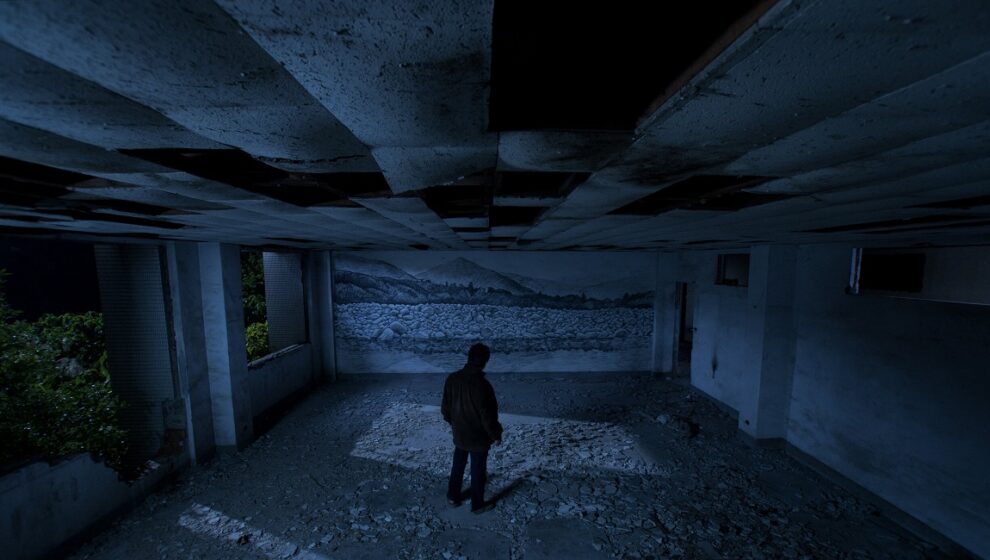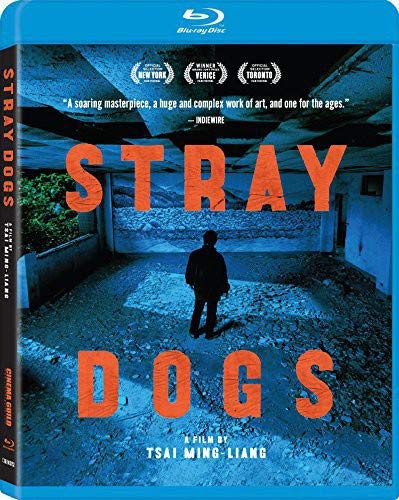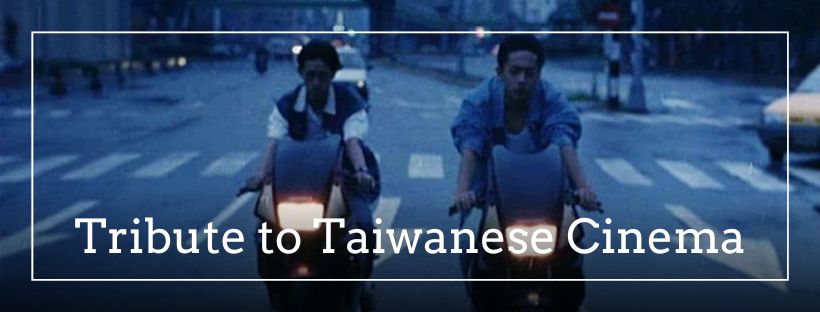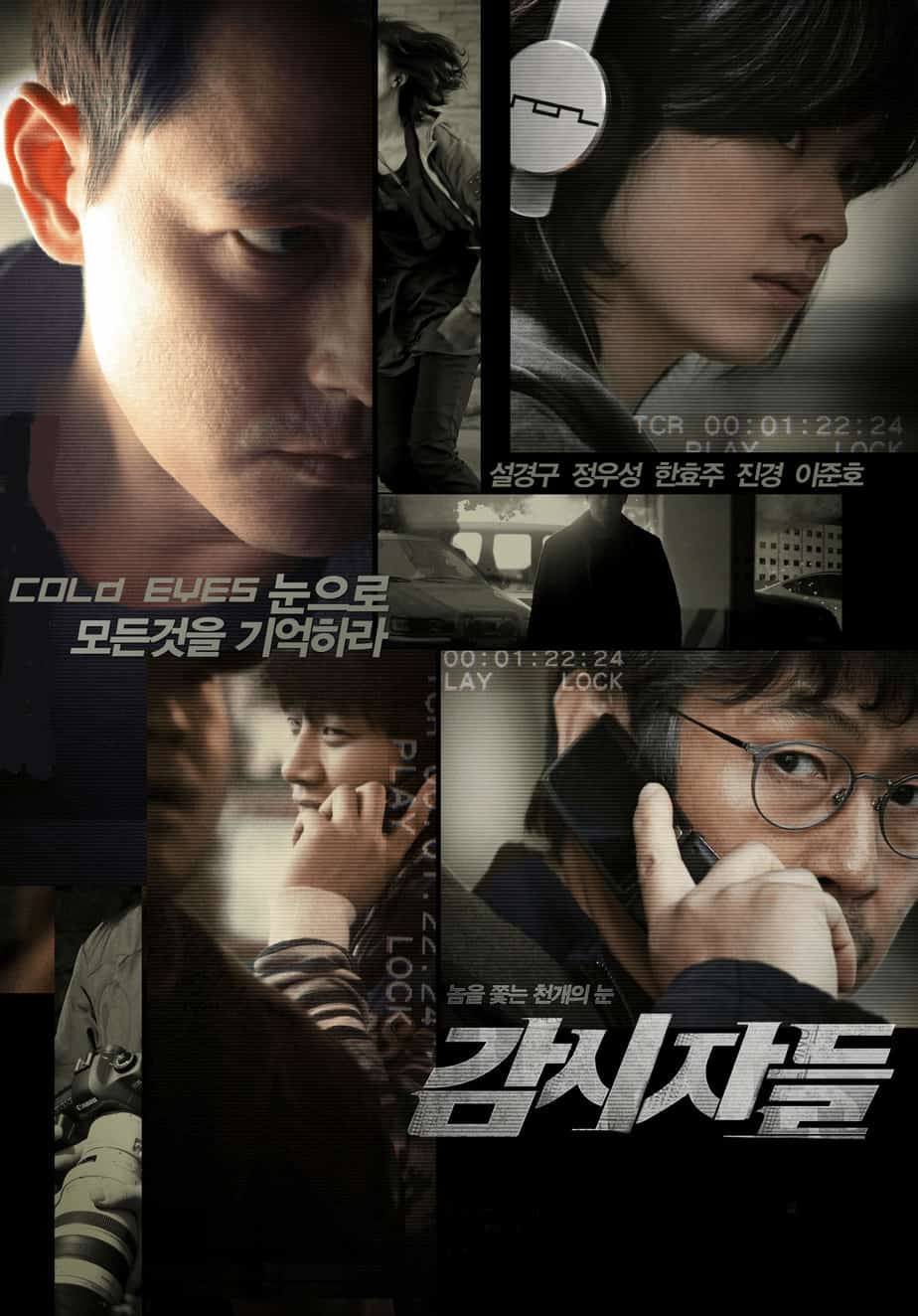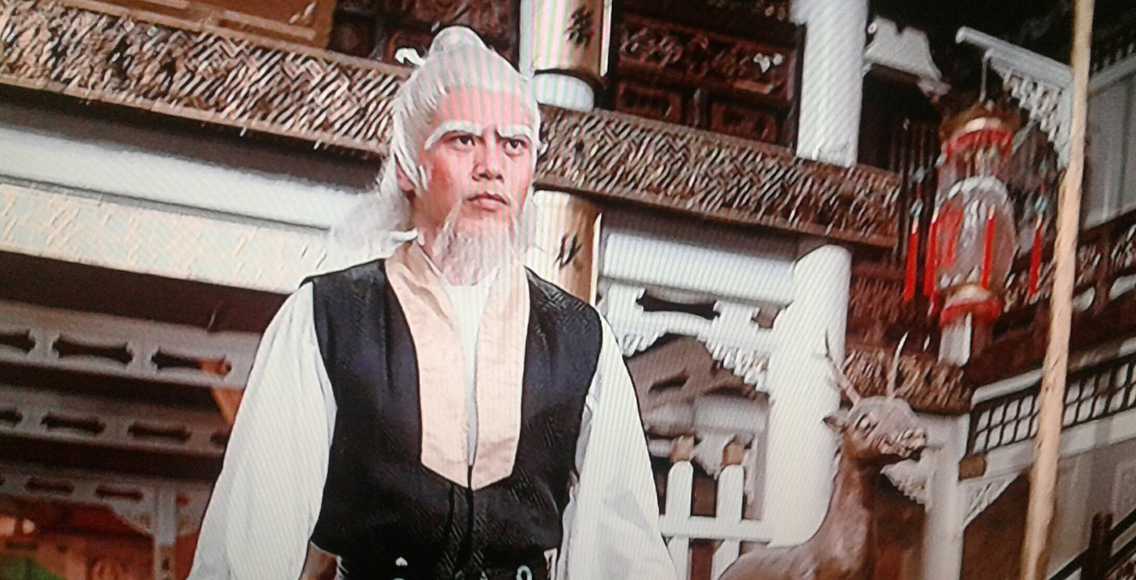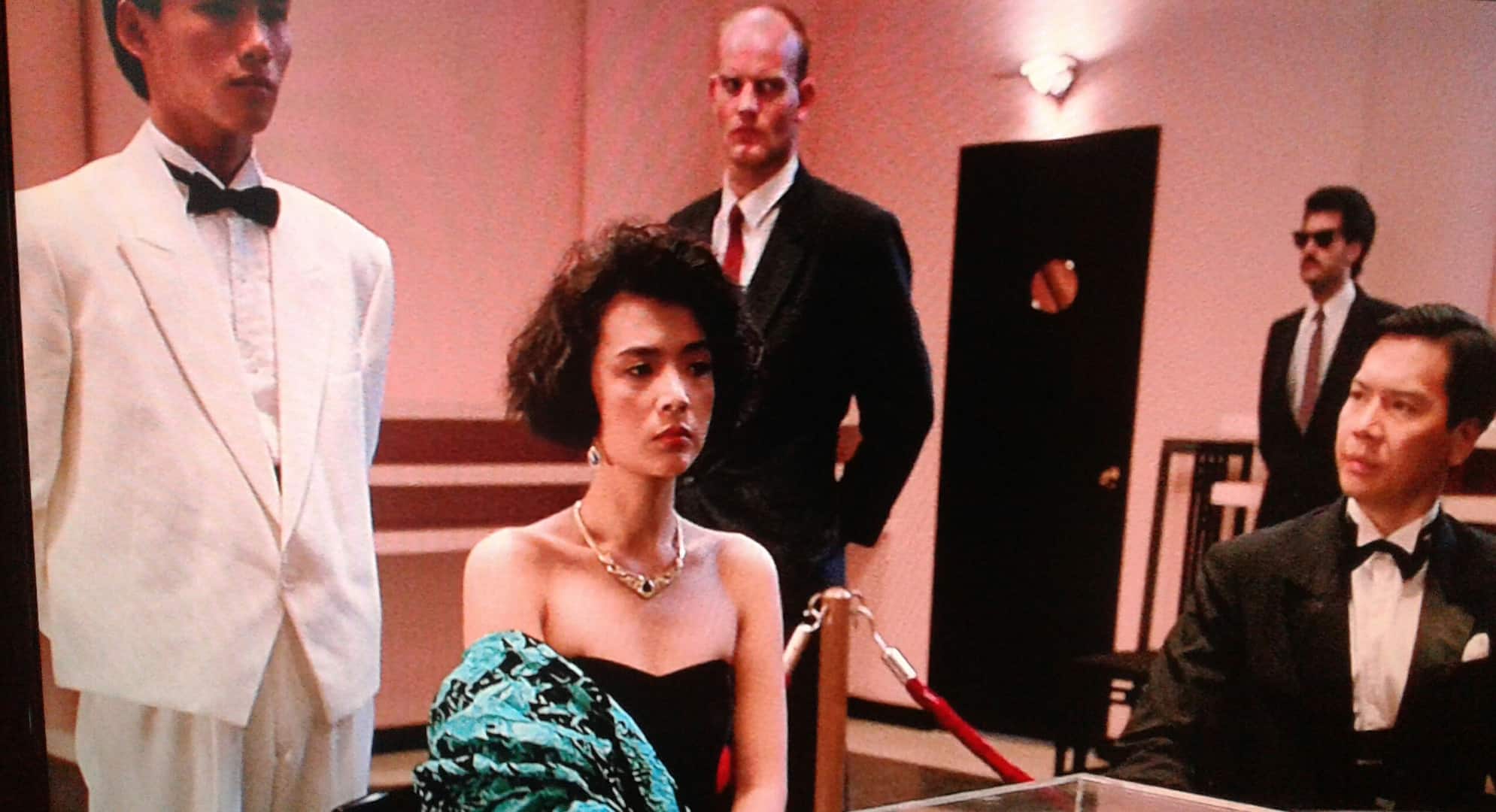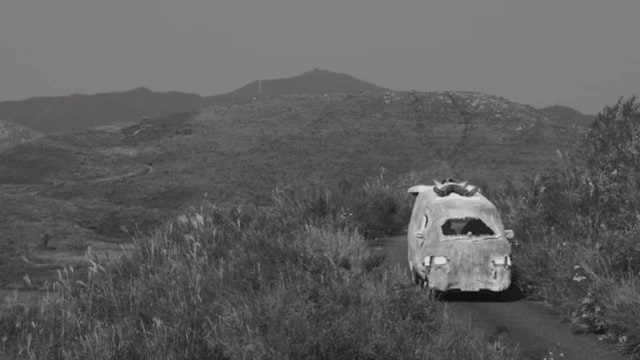As we experience the ongoing rise of the cities around us, a rise defined by such aspects like gentrification and real-estate deals, we also witness the creation of a new hierarchy within our society. The process is one which sometimes escapes the eye since it has been subtle and accepted in the perception of many, but considering our lives have become so fast these days, perhaps this should not come as a surprise. Director Tsai Ming-liang, among few filmmakers in the world, has apparently decided to take the time necessary to observe this process in all of its consequences, creating a kind of cinema often referred to as “slow cinema”. His eleventh feature “Stray Dogs” is another example of his approach to filmmaking which observes the aforementioned process and also its repercussions for the people living in the city.
The story centers around a homeless family in Taipei. The father (Lee Kang-sheng) has to take care of his two children, Yi-cheng (Lee Yi-cheng) and Yi-chieh (Lee Yi-chieh) after the disappearance of their mother. His job, holding a sign advertising real-estate, does not bring in much money, so they spend the nights in abandoned buildings and live off whatever the supermarkets in the vicinity throw away. If they want to clean up, they use public bathrooms. Even though they have managed to survive for quite some time, their life has taken quite a toll on the father who sinks more and more into a deep depression.
A change comes as the children run into a supermarket manager (Lu Yi-ching), who feeds expired meals and meat to stray dogs in the evening. She takes a liking to the children and eventually follows the family into one of their nightly hideouts. In the end, she decides to join them, becoming something of a substitute mother to the children.
There is a certain misconception when it comes to the term “slow cinema” which becomes even more apparent to the viewer of “Stray Dogs”. As with other projects by Tsai Ming-liang, if you see nothing going on in the frame, you should take a closer look, which is welcomed by the director since he keeps the focus on the events, the characters or the setting. In fact, many of the sequences in “Stray Dogs” feel like precursors to his work in “The Night” or even “Walker” observing the places that have been created as a consequence of the urban sphere growing so fast. The abandoned building, now home to the father and his two children, have become not just a refuge, but are depicted in the same way as ancient caves, with the camera exploring their architecture and especially the texture. A long shot of a wall explores its structures resembling a new kind of cave painting or mural, telling us the story of a civilization that has once been there. Tsai Ming-liang*s camera searches for and discovers these urban, modern artifacts, explores their meaning and questions their link to the people occupying these new/old spaces.
At the same time, Tsai Ming-liang talks about the emotional disposition of the characters. Lee Kang-sheng, who has been in many of the director's features, represents the old generation, still clinging on to the old world and their obsession with property and ownership. As we witness him holding up a sign advertising real estate (a bitter irony), we also observe his slow but steady emotional dissolution. Considering there is no explanation or dialogue further explaining what is happening to him, we are left with Lee's performance which is quite powerful and, to be honest, does not need any further support through words. It speaks for itself when his children have become inhabitants of this “new world”, paving their way and surviving in the countryside and also urban spaces, thus creating a certain disconnect to their father who finds himself at a dead end, emotionally and in his life in general.
“Stray Dogs” is a family drama exploring the disconnect of the modern world and people but also the new spaces modernity creates. Tsai Ming-liang's cinema is one of exploration and observation, which is sadly missing in modern cinema, but quite rewarding for the viewer willing to take the time and look closely.


